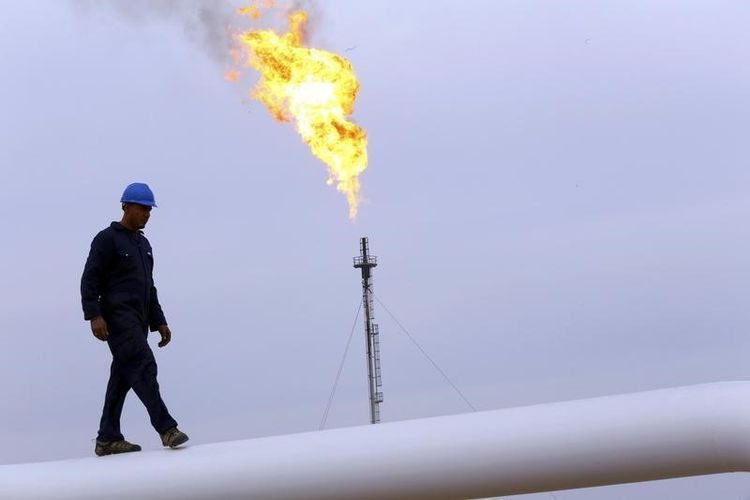Oil down 4% on week as recession fears suppress summer demand

This article discusses the message being conveyed to the Saudis and other members of OPEC+. It emphasizes the need for increased patience when it comes to oil prices.
The crude oil markets experienced a decline of approximately 4% over the course of the week, mainly due to concerns over a potential recession caused by central banks aggressively raising interest rates. This caused a shift away from the usual positive outlook during the summer season. The market dipped for the fourth time in five days, contributing to the overall decline.
The price of the West Texas Intermediate (WTI) crude, which is traded in New York, decreased by 0.5% or 35 cents, and settled at $69.16 per barrel. During today's trade, WTI experienced a significant drop and reached its lowest point in the past three weeks with a value of $67.36 per barrel. This week, WTI has faced a loss of 3.7%. The value of the US crude benchmark has fluctuated considerably this month. Last week, it showed a 2.3% increase after a previous two-week decline of 3.5%.
The cost of crude oil being traded in London went down by 0.4%, or 29 cents, to reach $73.85. This is compared to its lowest point in three weeks, when it was at $72.12. This week, it has declined by about 4%, in a similar way to WTI. June has been a difficult month for the worldwide crude oil measure, with a decrease of almost 2% over the past fortnight. However, last week it increased by 2.4%.
Rate Hikes And Weak PMIs Fuel Recession Worries
Worries about a recession have increased as the Bank of England raised interest rates more than expected by half a percentage point due to indicators that British inflation would not decrease quickly. This is the largest increase since February, resulting in the main interest rate reaching 5%, the highest rate seen since 2008.
The Bank of England has increased interest rates 13 times in a row, and is now close to the level set by the United States Federal Reserve. The Fed has raised rates 10 times in a row and now sits at a high of 5.25%. The Fed plans to raise rates at least two more times before the year is over.
On Friday, there were more worries about an economic recession due to surveys conducted by S&P Global that revealed Germany's economy had slowed down even more than expected in June, mostly due to a decrease in service-related industries and continued underperformance of factories in the country. Other data for France indicated that its economy likely declined during the second quarter of the year.
The S&P flash for the month of June in the United States was recorded at 54.1, which was slightly lower than what was anticipated (54) and the reading from the previous month (54.9).
Ed Moya, who works as an analyst at the online trading platform named OANDA reported his concern about the potential impact the Fed and its colleagues can have on the economic growth of the latter part of the year. This situation has caused worry amongst energy traders.
In the upcoming week, the leaders of the big central banks will come together in Portugal. They are expected to indicate their determination to combat inflation through implementing forceful rate increases. According to Moya, there could be further negativity anticipated from the worldwide observations by the Energy Institute. A gathering of the World Economic Forum is also scheduled to concentrate on the move from fossil fuels to renewable energy.
"Target Of $80 Per Barrel For Saudis Remains Just A Target"
The goal set by the Saudis to increase oil prices to over $80 or maintain them at least in the high $70s is becoming more difficult than expected, even though it is summertime when people tend to travel more, leading to a surge in crude demand and usually higher prices.
The nation in charge of the OPEC+ group, made up of 23 oil-producing nations, has declared three production cuts since October. These cuts aim to decrease their production by 2.5 million barrels per day, ultimately resulting in a reduction of output to 9M barrels daily by July. Despite these efforts, crude prices have only increased momentarily after each announcement.





















